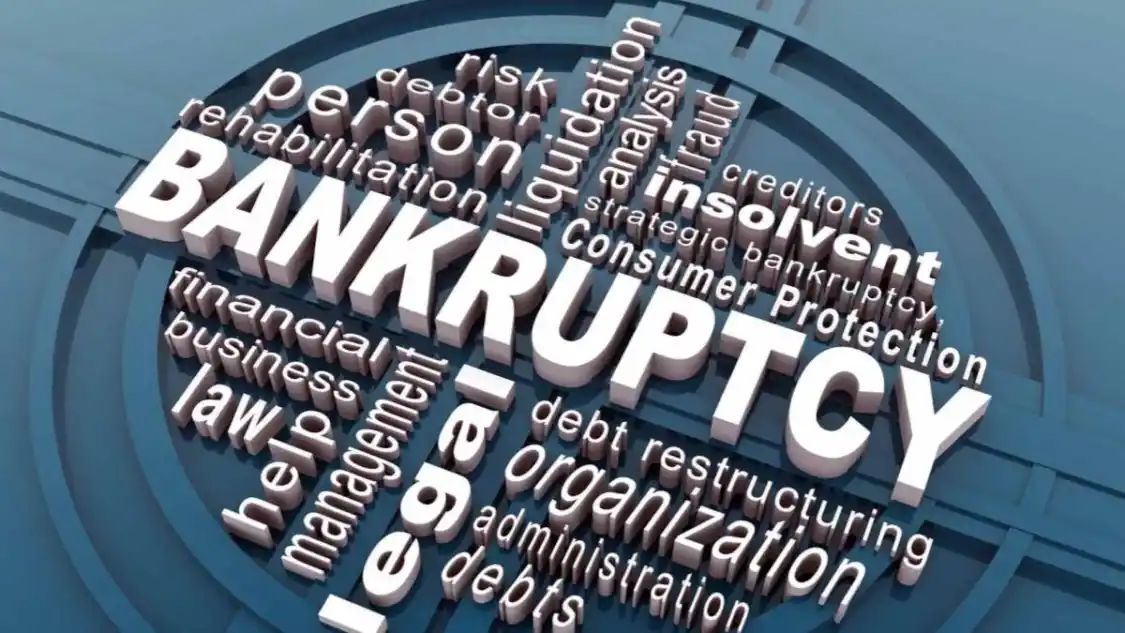Cross-border and group insolvency norms shortly after polls
“The ministry of corporate affairs has made representations in is regard to the Cabinet. With its approval, the IBC Bill is likely to be tabled in Parliament by the new government shortly after it assumes office,” an official source said.
Group insolvency norms are needed for effective implementation of cross-border insolvency rules and thus both are linked, the source said.
Group insolvency refers to clubbing the assets and liabilities of all companies in a corporate group and undertaking resolution proceedings, before dealing with each firm.
In December, Insolvency and Bankruptcy Board of India (IBBI) member Sudhaker Shukla had said that increasingly, the government has realised that without group insolvency the aspect of cross-border insolvency “will not work at all”.
IBBI Chairman Ravi Mittal had written in a report earlier that in the present environment, it is common for businesses to be conducted through groups of companies which led to instances where financial position of one company impacts other companies in the group. “Such instances result in defaults by one or more companies in a group and are categorised as group insolvency,” he had said.
Cross-border insolvency, on the other hand, helps in dealing with a situation when the insolvent debtor has assets and creditors in multiple countries. By having well-defined laws, delays in the implementation of orders passed by courts of a different jurisdiction can be avoided, say experts.
“Group insolvency and cross-border insolvency are inextricably linked since a debtor may have assets in various group companies, within or outside the jurisdiction where a proceeding is initiated, which may be dealt with or disposed of during the pendency of a proceeding,” said Piyush Agrawal, associate partner, AQUILAW.
Currently, the IBC has no instrument to restructure firms involving cross-border jurisdictions, and in the absence of a legislative framework, the cases involving resolution of groups and any cross-border elements are decided by the National Company Law Tribunal on an ad-hoc basis.
While the NCLT has laid down broad principles, the inconsistent application of these principles undermine the certainty required to achieve efficient outcomes in cases of group insolvency and cross-border insolvency, experts said. “A holistic legislative framework introducing these concepts would plug certain important gaps in the insolvency jurisprudence in India and be a welcome step,” said Anoop Rawat, partner, Shardul Amarchand Mangaldas & Co.
According to sources, the new cross-border insolvency norms will be based on UNCITRAL Model Law on Cross-Border Insolvency (MLCBI). FE had reported earlier that the government is negotiating with the United Nations Commission on International Trade Law (UNCITRAL) to amend provisions related to cross-border insolvency, which will be in favour of the developing nations.
On group insolvency, sources say that the government is looking to consolidate the Corporate Insolvency Resolution Process (CIRP) of Corporate Debtors (CDs) that are interconnected by ownership or control (Group).
“Provisions granting resolution professionals (RPs) of such CDs the right to file an application for group coordination proceedings, whereby a group coordinator and committee of creditors (CoCs) will form a strategy for the CD could be introduced,” a source said.
Asav Rajan, principal associate, IndiaLaw LLP, said: “The new norms could allow the initiation of the CIRP against multiple CDs interconnected by control, ownership, economic dependencies or where such companies are carrying business in pursuit of common objectives to a financial creditor (FC).”
- Sudhir Chandi, partner, Resurgent Resolution Professional, said that the introduction of new norms will facilitate a smoother and more efficient mechanism, taking into account the assets/liabilities of the CD which is located abroad. “The recoveries are expected to be improved with proper assessment and valuation of the assets comprehensively across all locations with proper backing of the legal framework for recovery,” he said.






